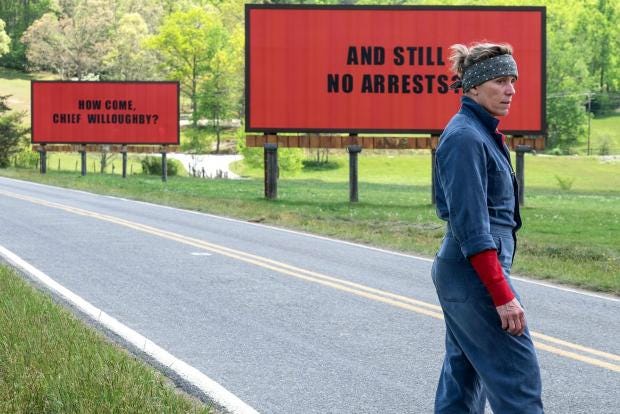The time to repair the roof is when the sun is shining.”
~John F. Kennedy, State of the Union (1962) (via Wylie's Baths)
The Universe in Verse: Complete Show
Love After Life: Nobel-Winning Physicist Richard Feynman’s Extraordinary Letter to His Departed Wife
The Doom and Glory of Knowing Who You Are: James Baldwin on the Empathic Rewards of Reading and What It Means to Be an Artist
“…air crews have, on average, the highest yearly dose of radiation out of all radiation-exposed workers in the US. This means they receive more radiation exposure than people who work alongside nuclear reactors.” Link here.
Failure, Risk, and the Entrepreneurial Library, Tom Wall, University Librarian, Boston College.
“This past spring, Facebook founder Mark Zuckerberg addressed the graduates from Harvard College and said that “the greatest successes come from having the freedom to fail.”1 Likewise, in a recent letter to shareholders, Amazon’s founder Jeff Bezos made it a point to equate invention with failure, calling them “inseparable twins.”2 Arguably leading two of the most innovative companies in the world, both CEOs have essentially the same message: without a culture that accepts the inevitability of failure, and learns from it, innovation will remain elusive and/or nonexistent. Clearly with risk comes a degree of failure, but by playing it safe you get exactly what you would expect: mediocrity.”

Martin (not related to a city in Slovakia) McDonagh’s achievement in his latest Poster Grrl of "Three Billboards" is to meld the horror and the comedy while dealing with the most primal emotions. He amuses and shocks us at the same time
One of the most noticeable sea changes in movies over the years has been the ever-narrowing time span between a cult film’s initially underwhelming reception and the eventual reappraisal it receives from a dedicated fan following.

Martin (not related to a city in Slovakia) McDonagh’s achievement in his latest Poster Grrl of "Three Billboards" is to meld the horror and the comedy while dealing with the most primal emotions. He amuses and shocks us at the same time
One of the most noticeable sea changes in movies over the years has been the ever-narrowing time span between a cult film’s initially underwhelming reception and the eventual reappraisal it receives from a dedicated fan following.
An increased emphasis on the box office numbers provided on an opening weekend means that it takes less than a week for a film to be adjudged as a success or a failure. This, coupled with the awesome power of the Internet increasing the speed of word of mouth to the level of a 10MB broadband line, means that films get christened as ‘cult’ a lot earlier than they did in the days of no home video, fanzines instead of blogs, and staggered theatrical releases.
